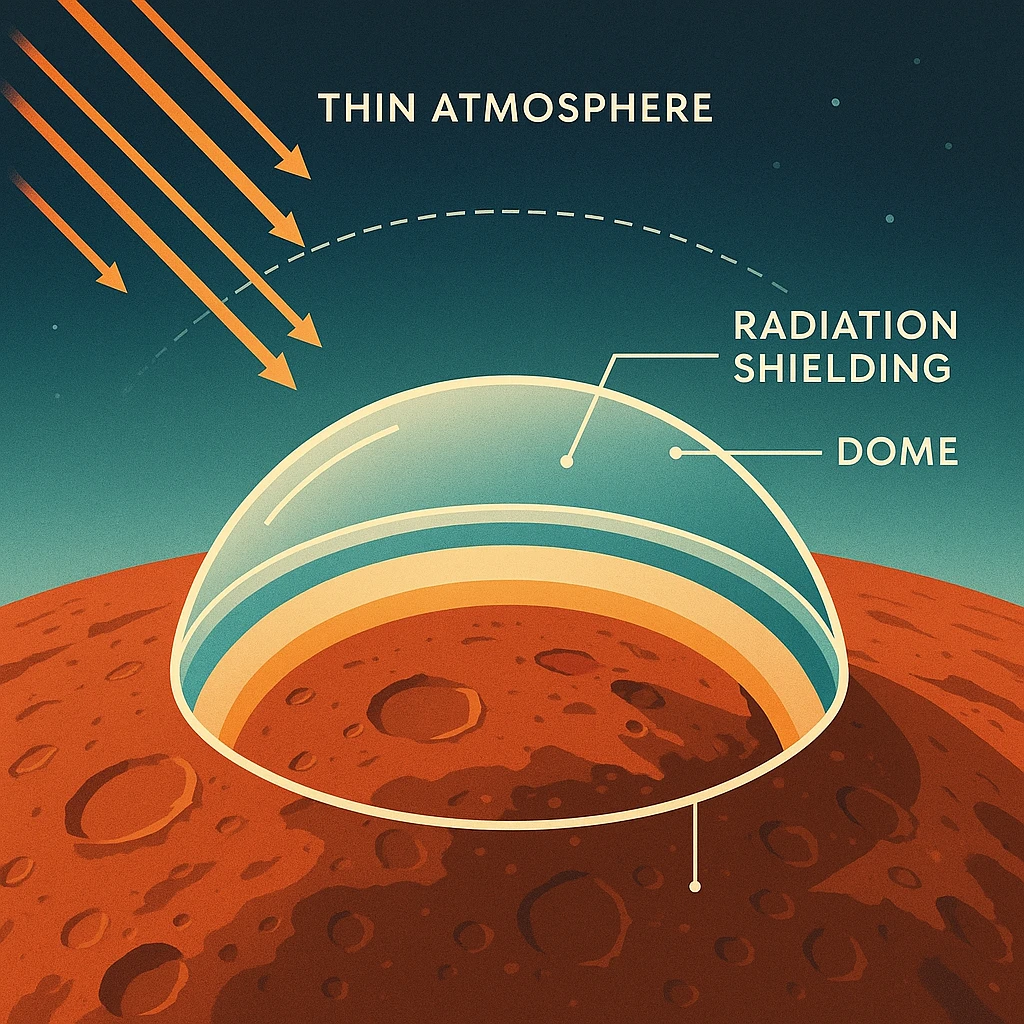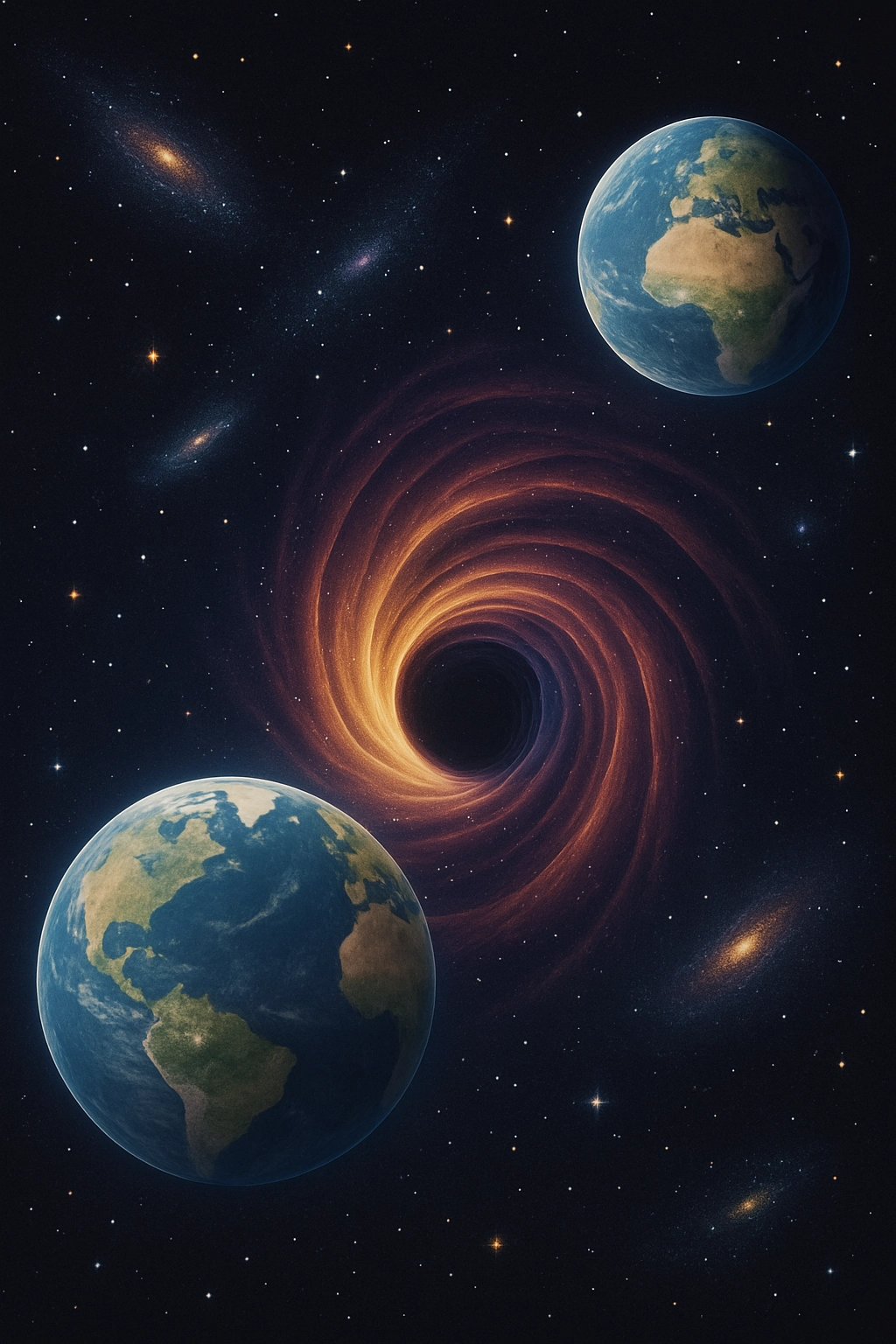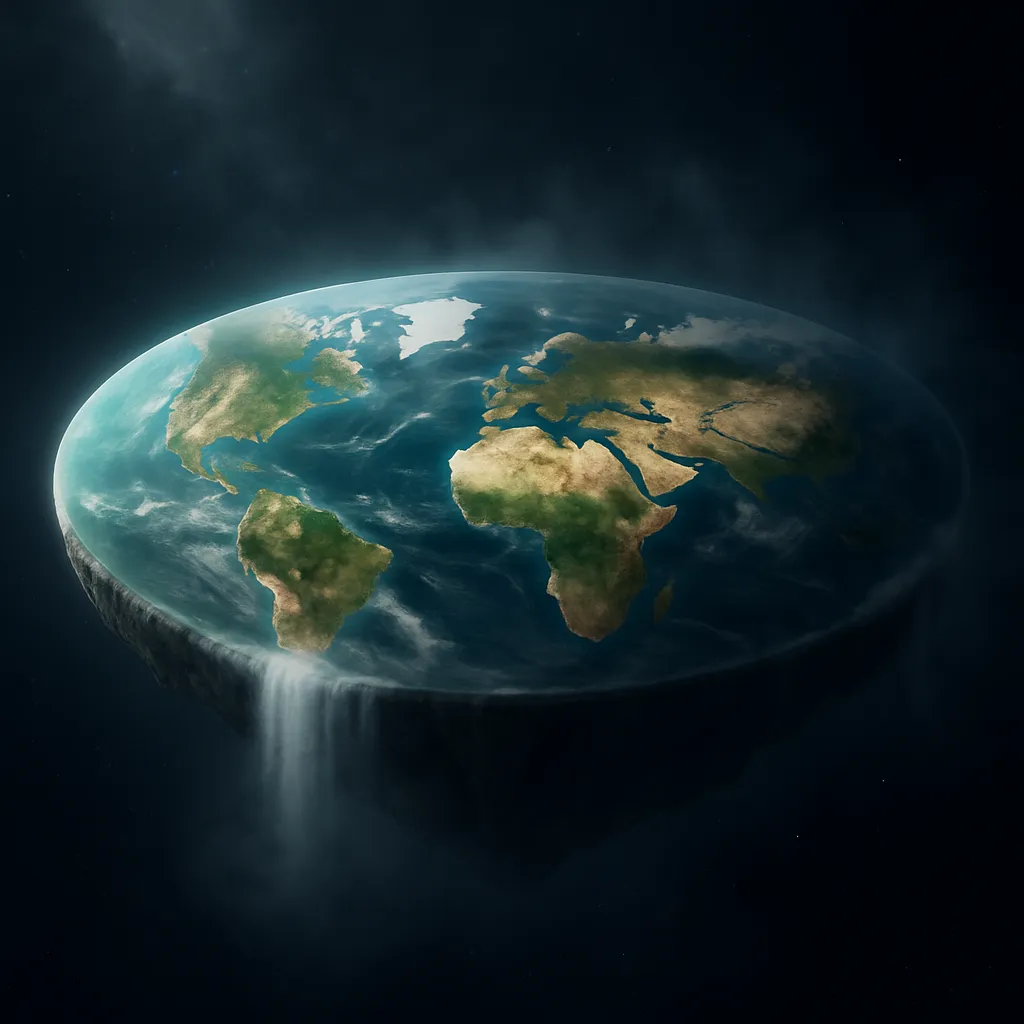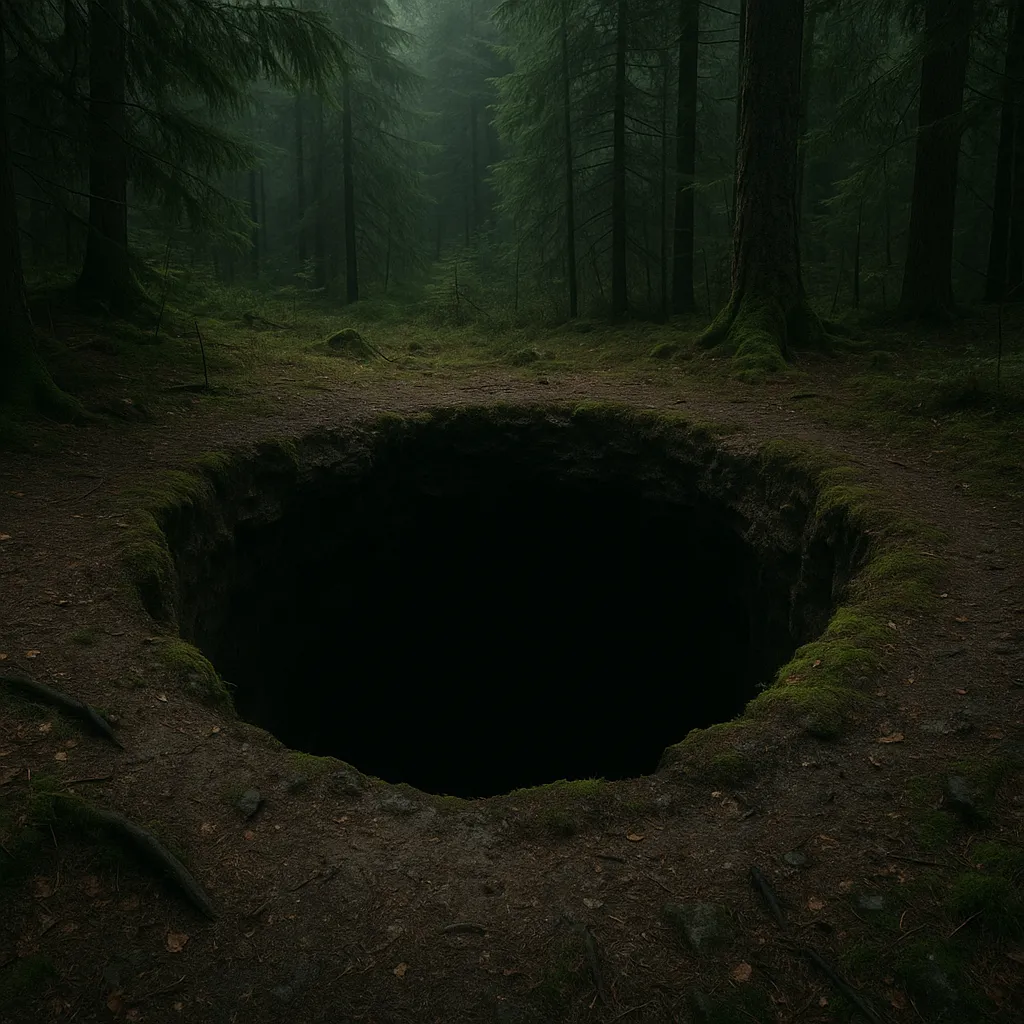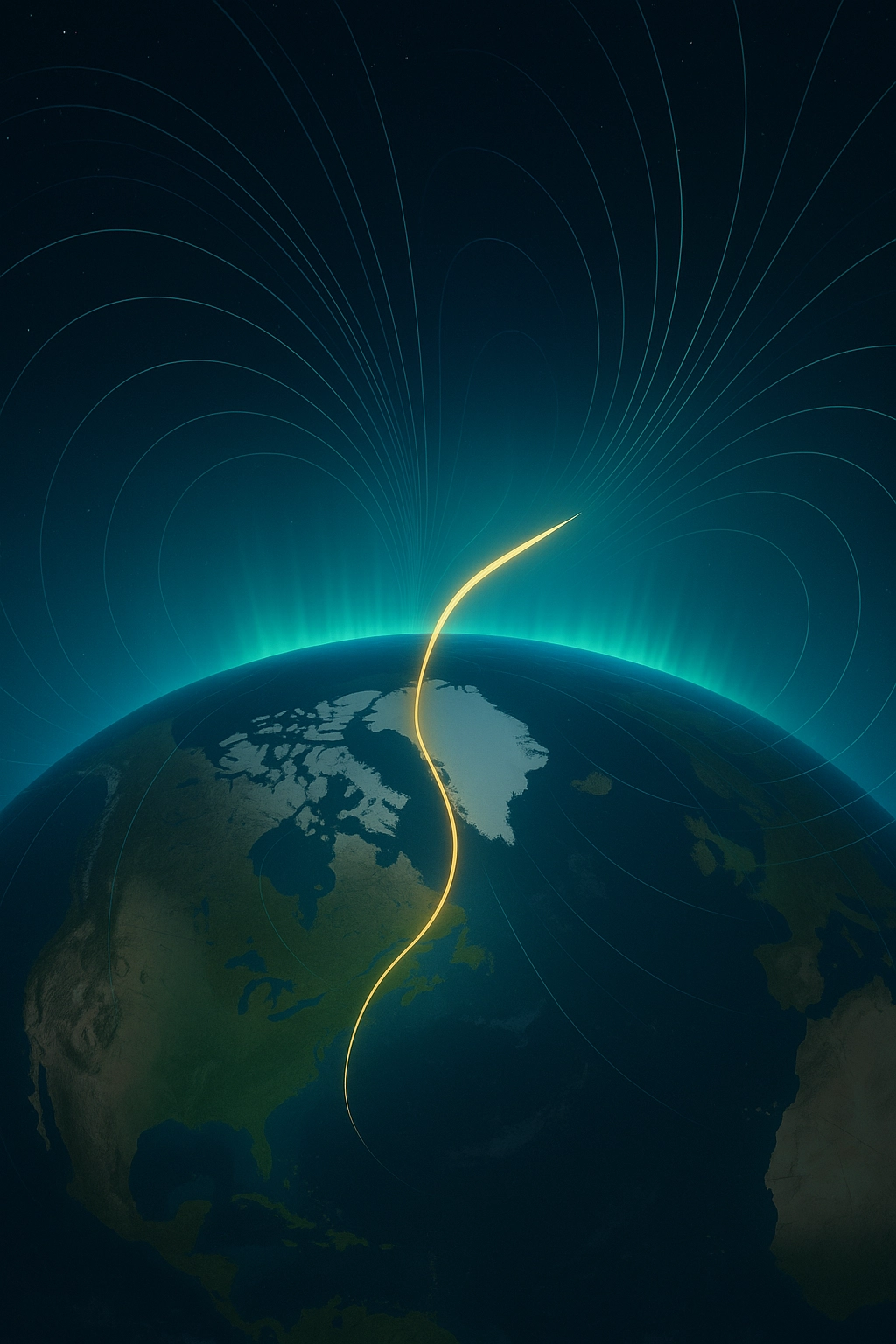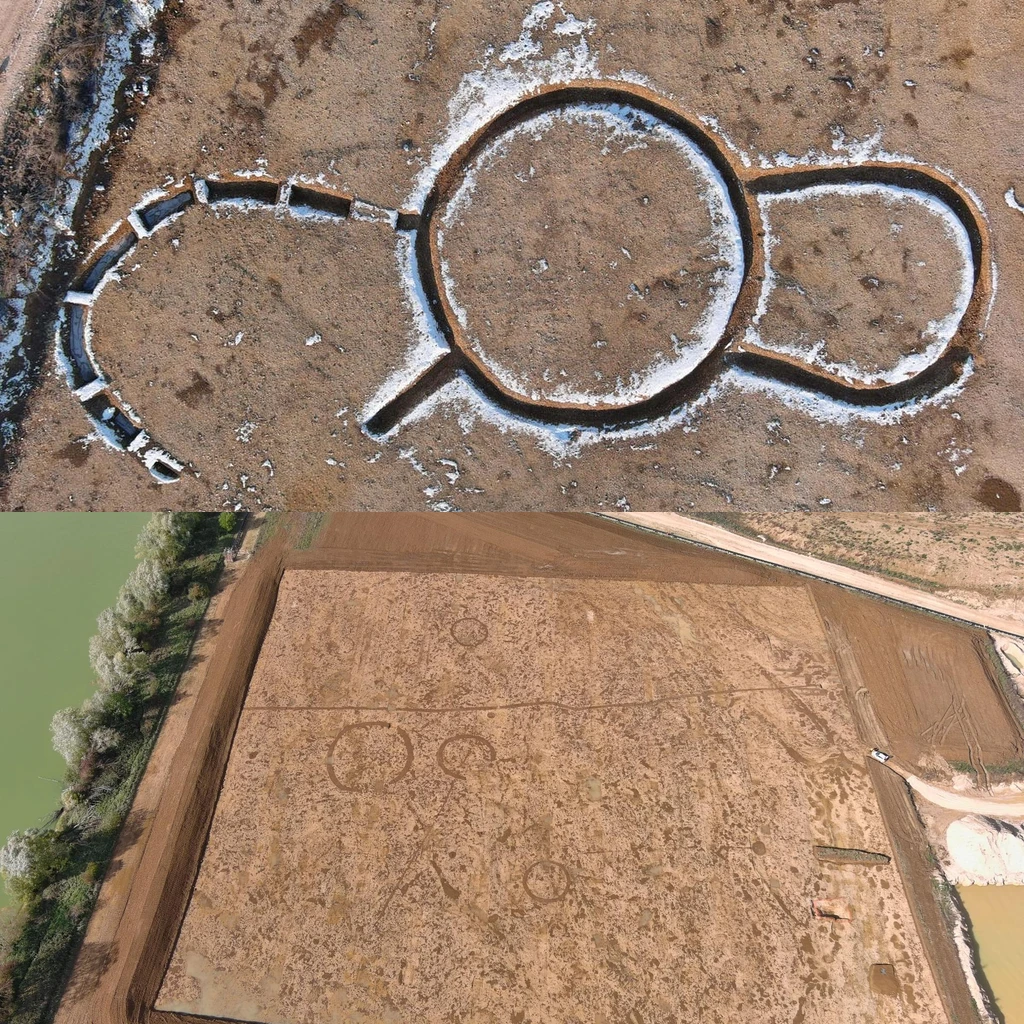What If There Were No Borders?
Quick Answer: If all borders vanished, humans could move freely, but governments, economies, and identities might collapse or transform. A borderless Earth could unite us-or undo everything we know.
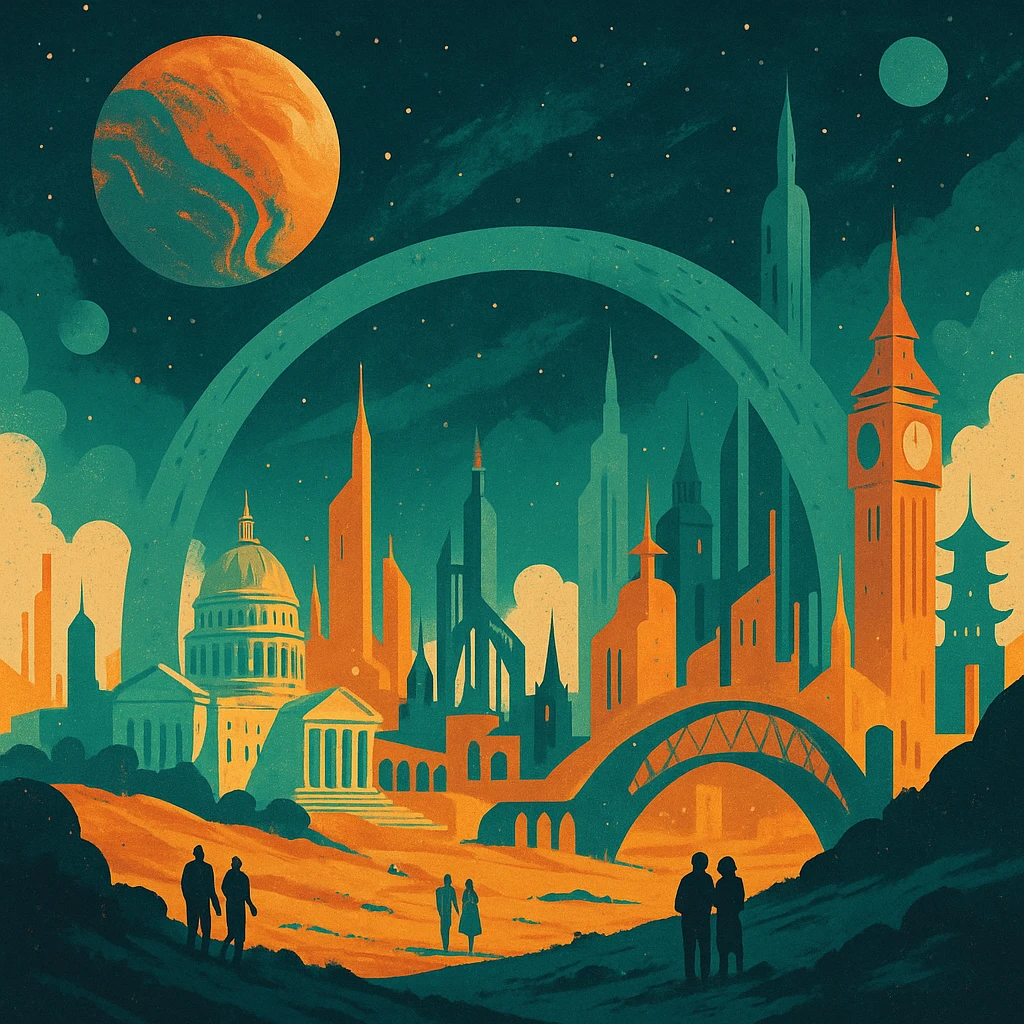
The Premise
Modern life is built around borders. They define where people live, who governs them, and what rights they have. But borders are not natural. They are drawn by history, war, and politics-lines on maps that often separate people more than protect them. What if they all disappeared? No more customs agents, no immigration papers, no walls or fences. Instead, humanity would face an open world with shared land, shared air, and shared problems.
Without borders, the concept of nations would collapse overnight. Flags might vanish from buildings. Parliaments and presidents would no longer have regions to rule. Laws would need to be rewritten on a planetary scale. Some might welcome the freedom. Others might panic at the loss of control. The end of borders is more than a change in geography-it would be a total reset of the human experience.
The Science and Speculation
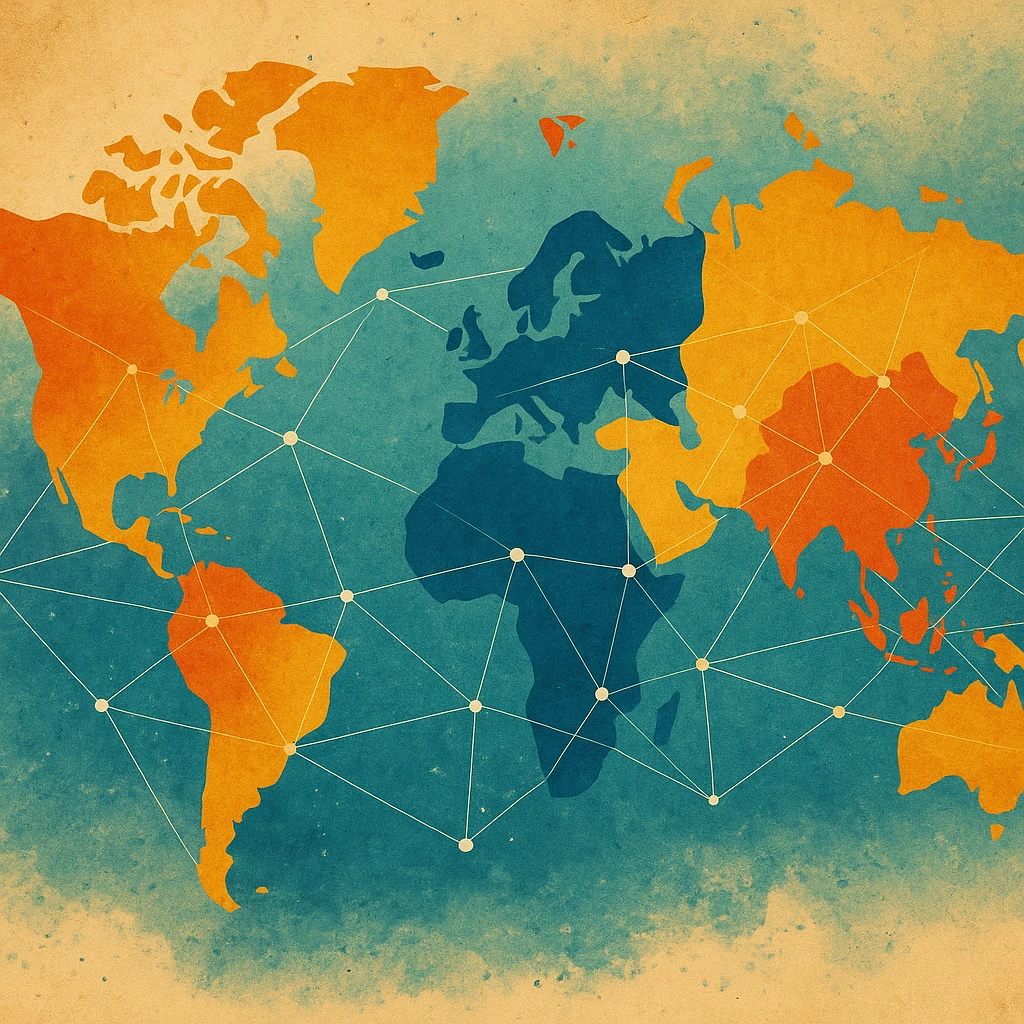
There is no hard science for a world without borders, but many thinkers have tried to model what might happen. Political theorists have studied stateless societies and proposed global federalism-where local regions govern themselves under a loose worldwide structure. Sociologists examine how humans behave in shared spaces, like refugee zones or international waters, where no one country is in charge. Even in virtual worlds, where users from all nations interact freely, patterns of conflict and cooperation emerge that may hint at future realities.
Some technologists believe that digital tools could replace traditional governance. Blockchain-based ID systems, smart contracts, and decentralized decision-making models are already in development. These tools could allow large groups to agree on laws or resource sharing without a central authority. However, critics warn that technology can amplify inequality if not carefully managed-and replacing governments with code may not solve deeper human issues like prejudice, loyalty, or fear.
In short, the science behind a borderless world is still emerging. The systems that might support it-distributed networks, global consensus tools, artificial intelligence-are only now being tested. But the idea is gaining traction in circles where global cooperation, not national power, is seen as key to survival.
Possible Consequences
A borderless world could unlock enormous opportunity-but it could also unleash disruption on a scale never seen before. Removing national divisions would instantly change how people live, work, and interact. Some consequences could be positive, while others could spiral out of control if not carefully managed.
- Mass Migration: Without restrictions, people from poorer or unstable regions might flood into wealthier areas. This could lead to population booms in some cities and sharp declines in others, stressing infrastructure, housing, and healthcare systems.
- Loss of Sovereignty: Governments would no longer control who enters or exits their territory. Border patrols, customs, and immigration offices would vanish. Nations would lose a key function-deciding who belongs where.
- Economic Shifts: Wages could drop in high-income areas due to increased labor competition. At the same time, formerly isolated markets could grow through access to global talent and resources. Existing currencies, tax systems, and trade regulations would need total reinvention.
- Cultural Clashes: With no physical separation between regions, language, values, and belief systems would mix faster than ever. While this could encourage tolerance and understanding, it could also inflame tensions where ideologies conflict.
- Security Challenges: Borderless movement would complicate crime prevention, law enforcement, and response to threats. Global cooperation between agencies would be essential, but difficult to coordinate in the absence of national boundaries.
- Environmental Risk: Migration to lush, stable climates could overburden ecosystems. Protected zones might be trampled or exploited unless a worldwide environmental authority steps in to manage resource use responsibly.
Ultimately, a borderless Earth would demand entirely new systems for governance, justice, and human cooperation. Without preparation, the result could be chaos. But with vision, the transition could create a more unified and resilient world.
In Pop Culture
The dream of a borderless world often appears in utopian fiction, where humanity unites to face cosmic challenges or colonize new planets. Star Trek's Federation shows a future without borders on Earth. Conversely, dystopian tales like Children of Men or The Hunger Games show the breakdown of borders leading to authoritarian regimes or chaos zones. Music, too, has echoed the sentiment. John Lennon's song Imagine asks us to imagine there's no countries.
Expert Take
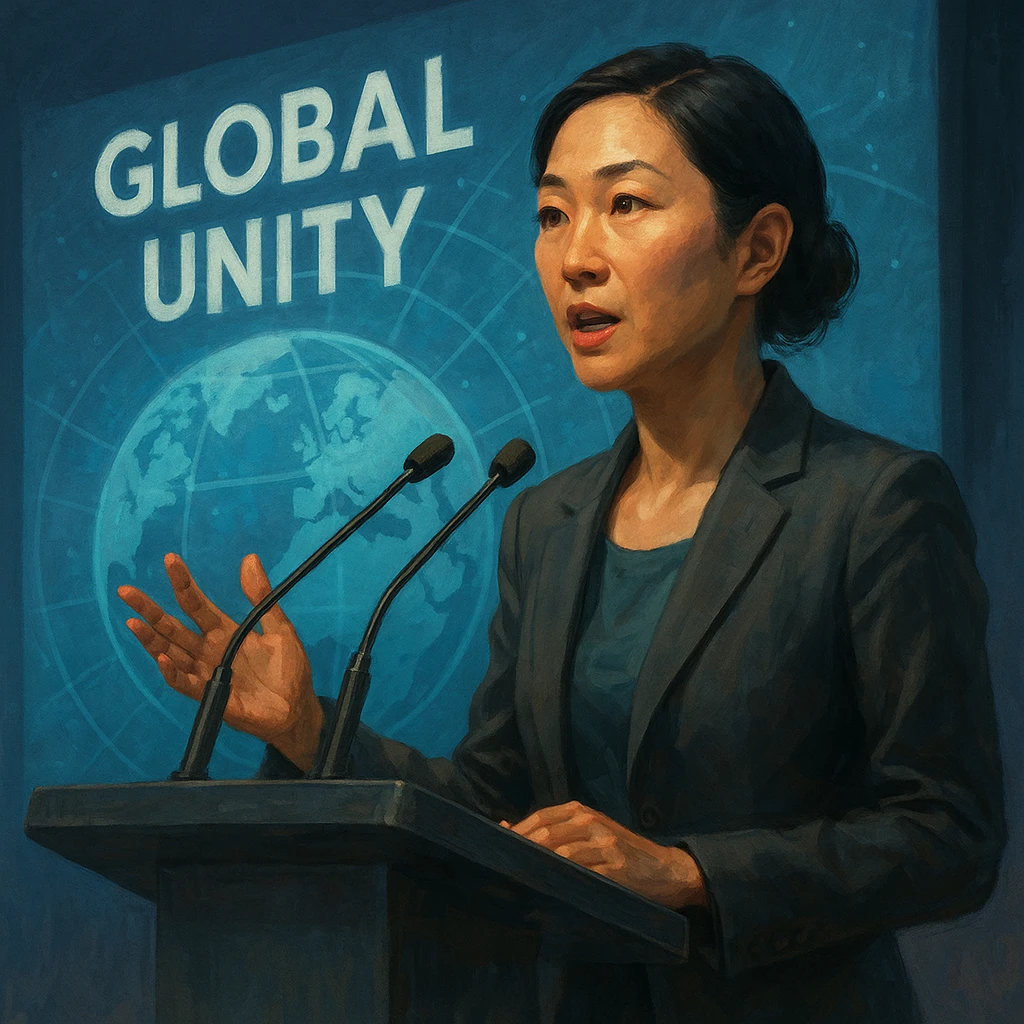
"Eliminating borders might sound utopian, but it creates a vacuum where old systems collapse faster than new ones can form," says Dr. Lena Cho, geopolitical analyst at the Global Unity Institute. "You are not just redrawing maps-you are reprogramming the foundations of law, identity, and cooperation."
According to Dr. Cho, the key challenge would be scale. "Human civilization has never operated on a truly global governance model. We've had international treaties, alliances, and organizations, but never one unified legal framework. If borders disappeared, every unresolved difference-religious, cultural, economic-would be on the table at once."
She adds, "The only way a borderless world works is through fairness. If wealth, power, and access remain uneven, people will find new ways to divide themselves. The solution is not just to remove borders, but to replace them with something better."
Skygaze Twist
Skygaze asks the deeper question: what if no borders did not mean chaos, but evolution? A planet-wide shared identity might feel impossible now, but in a future of space colonization or global climate survival, it may become essential. A borderless Earth could be our rehearsal for becoming a united multi-planet species.
What About You?
Would a borderless world bring peace or collapse? Would you move somewhere new? Could your sense of self survive without your nation? Share your thoughts and explore more What Ifs right here on Skygaze.








